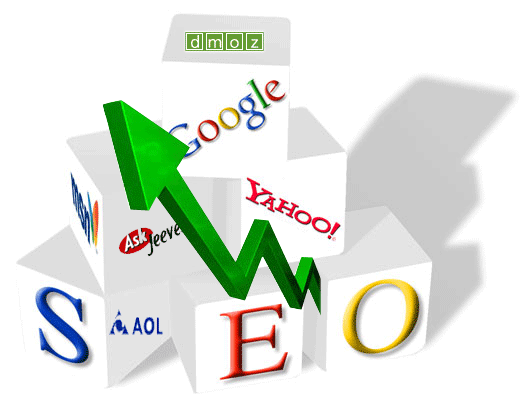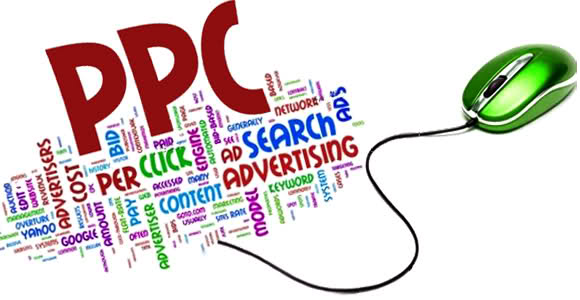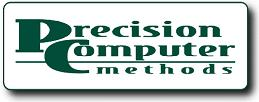Much of what our lessons have been geared toward focus on getting your website found by the search engines so that your potential audience can find you. Pay-per-click (PPC) advertising has been addressed before, but I wanted to make sure that regardless of how well your website shows up in search engine results pages (SERP), you may still want to keep some basic PPC in place.
PPC Advertising vs. Organic Positioning - SEO SOS #17
I recently did a search on a company product that was very specific. So specific that the company showed up three times in the sponsored links - positions one, two and three - and was in the first two positions on the left side of the SERP, known as organic positioning. Since my search was a product specific search, I think that paying for PPC advertising on the specific product is probably not money well-spent. My suggestion is that the company should remove their PPC ads for the specific product name and only advertise for the product purpose or industry keywords related to their product.
So how does this advice translate to your website? If you are running PPC campaigns, create ads that touch on the need for your product or for the problem that your product solves. If you run an ad with your specific product name or your company name as the keyword for the ad, watch carefully when you do a search on your product or company name where you come up organically. Initially, you may not show up at all, so these ads are very ppropriate.
However, you should be testing frequently for results on your ad campaigns to see where you show up on a keyword search both for sponsored and for organic results. Once your product name and company name begin to enjoy some basic branding, you will want to move your PPC ads into product type ads instead of product name ads so you are not spending money on click-throughs that you can get for free.
Does this mean that you will never do PPC campaigns once you are positioning well organically? If we could trust that what Google does on its three or four major algorithm updates each year to be logical and predictable, then this would be the case. However, for reasons sometimes unfathomable by mankind, the Google updates often drop your website from good positioning to obscure at the most inopportune time. It is important for you to keep a close watch on your PPC campaigns and the SERP for your targeted keywords. Be ready to shift in and out of PPC campaigns at a moment's notice. It is quite easy to organize your campaigns in such a way that you can simply pause a campaign when it isn't working and then resume it when you need to be back in the sponsored links because your organic positioning has changed.
So the moral of the story is to pay attention to your positioning at all times. At the very least, a couple of times a week you need to run a Google search on your main keywords to be sure that you are showing up where you expect you should. If you find yourself in the enviable position of having top ranking on both sponsored links and organically, then pause your PPC campaign until it is needed again. But if you drop from these top positions, then
simply resume your PPC ads to fill in the gap until you are organically dominating your keywords again.
Copyright (c) 2012 TAO Consultants, Inc. All rights reserved.
_____________________________
Chesa Keane has been designing and developing web sites with an eye toward search engine optimization and traffic generation since 1995. TAO Consultants offers online web and SEO courses to help you make the most of your web business and investment at the www.computergoddess.com website.
_____________________________
Your homework this week is to check your website for positioning. If it still doesn't come up organically posistioned well, then keep your PPC advertising in place; in fact, review it to make sure that it is being posted under sponsored links in a favorable position. If your site does come up well organically, consider revising your PPC campaigns so you aren't spending money for something you can get for free with your good organic results.
____________________________________________________________
SEO SOS #17 - PPC Advertising vs. Organic Positioning
Posted by Peter Heinicke on Sat, Aug 25, 2012 @ 10:48 PM
Tags: SEO | organic search | Paid Search, Web traffic, PPC, Pay-Per-Click, HubSpot Tips
One of the easiest and quickest ways of getting traffic to your website is by using Pay-Per-Click (PPC) advertising. The two most popular PPC programs are Google AdWords and Yahoo Search Marketing. To clarify what PPC actually does, you begin by creating short ads that will be displayed on the search engine results pages (SERP) as Sponsored Links. When you create the ad, you are also identifying the keywords that will draw the ad to the SERP.
Tags: SEO | organic search | Paid Search, Web traffic, SERP, Web Optimization, PPC, Pay-Per-Click



